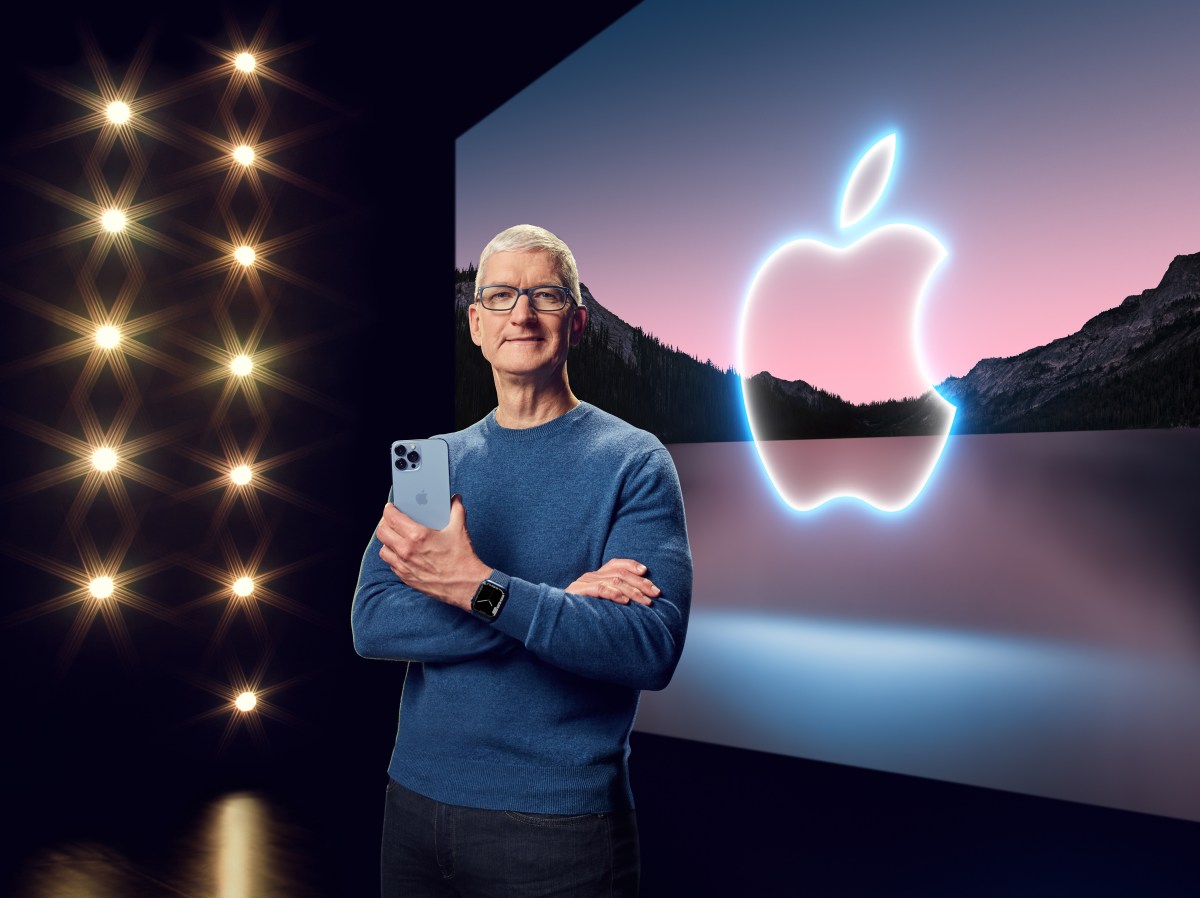Apple is strongly opposing the Department of Justice’s recent antitrust case, accusing the tech giant of monopolistic practices in the mobile market.
Apple argues that the lawsuit is misguided and could potentially harm the unique features that set its products apart from the competition, potentially making iPhones indistinguishable from Android devices.
In a statement, Apple emphasized the importance of its integrated ecosystem and how the lawsuit could hinder its ability to innovate and deliver the technology that consumers expect from the brand.
Apple believes that the lawsuit is based on incorrect facts and legal grounds and they are prepared to vigorously defend against it.
The lawsuit, filed by the DOJ and state attorneys general, alleges that Apple is engaging in anti-competitive behavior in specific smartphone markets where it holds a significant market share.
Apple argues that the market definitions used in the lawsuit are manipulated and inaccurate, pointing out that its global smartphone market share is more relevant than the narrow definitions proposed by the government.
Apple also refutes comparisons to past antitrust cases, highlighting its role in creating a thriving marketplace for developers and consumers.
The company provided growth metrics to support its claims, showcasing the increasing number of developers and commerce generated through its App Store.
Apple accuses a group of app developers, including Epic Games and Spotify, of driving the lawsuit to gain unfair access to its platform, emphasizing the importance of consumer protection and privacy in its App Store policies.
The core argument presented by Apple is that the lawsuit jeopardizes the consumer experience and the aspects that differentiate iPhones from other smartphones, ultimately limiting consumer choice.
Apple asserts that US courts have previously ruled in its favor in similar cases, suggesting that the current lawsuit lacks evidence and coherence.
The company also addresses specific charges, indicating its openness to cross-platform apps and plans to implement RCS messaging while prioritizing user privacy and security.
Despite the challenges posed by the lawsuit, Apple maintains that it has expanded access to iOS through third-party apps and accessories over the years.
For more information on Apple’s antitrust lawsuit, click here:


